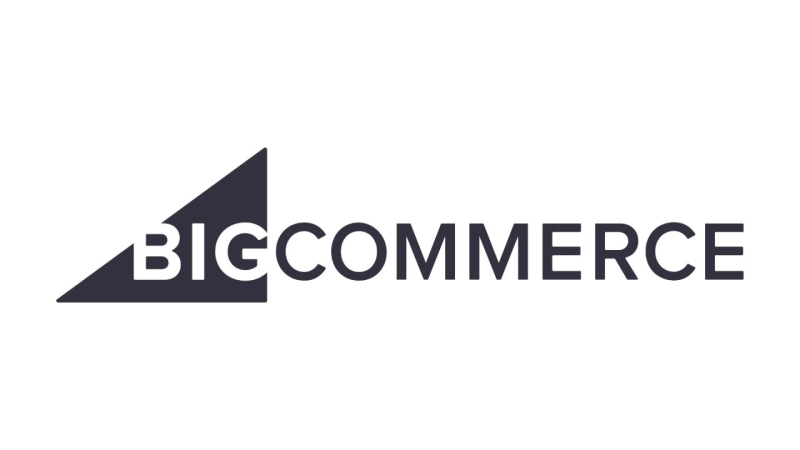BigCommerce is a robust eCommerce platform that comes with a wide range of built-in features, but every business has unique needs that go beyond the standard offering. That’s where custom plugins come into play. By adding custom plugins, you can extend your store’s functionality, improve customer experience, and streamline your operations.
This article will guide you through the process of adding custom plugins to your BigCommerce store and highlight best practices to ensure a seamless integration.
Understanding Custom Plugins
Software elements known as custom plugins can improve or add particular features to your eCommerce store. Custom plugins are designed to satisfy your company's particular needs, in contrast to generic third-party apps. They can assist you in achieving several objectives, including:
- Optimizing the checkout process.
- Integrating specialized payment gateways.
- Enhancing product search and filtering.
- Automating order management and inventory updates.
Custom plugins are particularly useful for businesses with complex workflows or niche requirements that are not addressed by out-of-the-box solutions.
Benefits of Custom Plugins for BigCommerce
1. Tailored Functionality
Custom plugins allow you to implement features specific to your business model, ensuring your store operates exactly as needed.
2. Improved User Experience
You can make customers' shopping experiences more enjoyable by including plugins that improve search capabilities, streamline checkout, or simplify navigation.
3. Seamless Integrations
Custom plugins can connect your BigCommerce store to other tools, such as CRM systems, accounting software, or shipping platforms, creating a unified ecosystem.
4. Competitive Edge
Unique functionalities give your store a distinct advantage, helping you stand out in the crowded eCommerce landscape.
Steps to Add Custom Plugins to Your BigCommerce Store
1. Define Your Requirements
Before developing or installing a custom plugin, identify the specific needs it will address. Ask questions like:
- What problem will this plugin solve?
- Which features do I want to add?
- How will it improve customer experience or operational efficiency?
Having a clear goal ensures the plugin development process is focused and effective.
2. Plan the Development
Once you’ve defined your requirements, plan the development process. You can:
- Hire a Developer: Work with BigCommerce-certified developers who specialize in creating custom plugins.
- Use BigCommerce APIs: The BigCommerce platform provides a robust set of APIs, including Storefront, Server-to-Server, and Payment APIs, which developers can use to build and integrate custom functionalities.
- Explore BigCommerce Dev Tools: Use tools like Stencil CLI for frontend development and BigCommerce’s app development framework for backend integrations.
3. Build the Plugin
The plugin development phase involves coding, testing, and refining the functionality. Developers typically follow these steps:
- Write the Code: Depending on the functionality and APIs involved, build the plugin using programming languages like JavaScript or PHP.
- Test the Plugin: Run the plugin in a staging environment to identify and fix any bugs or compatibility issues.
- Ensure Security: Implement secure coding practices to protect sensitive customers and store data.
4. Install and Configure the Plugin
After development, the next step is to install the plugin on your BigCommerce store:
- Upload the Plugin: Use BigCommerce’s control panel or FTP to upload the plugin files to your store.
- Activate the Plugin: Enable the plugin in your store’s settings and configure it to align with your requirements.
- Test Again: Conduct thorough testing in a live environment to ensure the plugin performs as expected.
5. Monitor Performance and Gather Feedback
Once the plugin is live, continuously monitor its performance to ensure it meets your expectations. Key steps include:
- Track Metrics: Use analytics tools to measure how the plugin impacts key performance indicators (KPIs) like conversion rates or customer engagement.
- Gather Customer Feedback: Listen to user feedback to identify areas for improvement.
- Iterate and Update: Regularly update the plugin to fix bugs, improve performance, and add new features.
Examples of Custom Plugins for BigCommerce
1. Custom Product Configurators
Allow customers to personalize products directly on the product page, such as choosing colors, sizes, or materials.
2. Advanced Shipping Calculators
Provide real-time shipping cost estimates based on location, weight, and delivery speed.
3. Multi-Language Support
Enhance your store’s global reach with a plugin automatically translating content into different languages.
4. Loyalty and Rewards Systems
Encourage repeat purchases by adding a plugin for loyalty points or rewards programs.
5. Custom Reporting Tools
Develop plugins that generate detailed reports tailored to your business’s unique analytics needs.
Best Practices for Adding Custom Plugins
1. Focus on Scalability
Ensure the plugin is built to handle your store’s growth, including higher traffic and larger product catalogs.
2. Prioritize Performance
Optimize the plugin to minimize its impact on page load times and overall site performance.
3. Maintain Compatibility
Test the plugin across different browsers, devices, and BigCommerce themes to ensure a seamless user experience.
4. Ensure Security
Adhere to industry best practices to protect sensitive data and comply with GDPR or PCI DSS regulations.
Conclusion
Custom plugins are a powerful way to enhance your BigCommerce store’s functionality and deliver a superior shopping experience. By following a structured approach—from defining requirements to building, testing, and deploying the plugin—you can unlock new possibilities for growth and differentiation.
Whether you’re looking to streamline operations, improve user engagement, or introduce innovative features, custom plugins provide the flexibility to tailor your BigCommerce store to your unique business needs. Start exploring custom plugin development today and take your eCommerce store to the next level.


